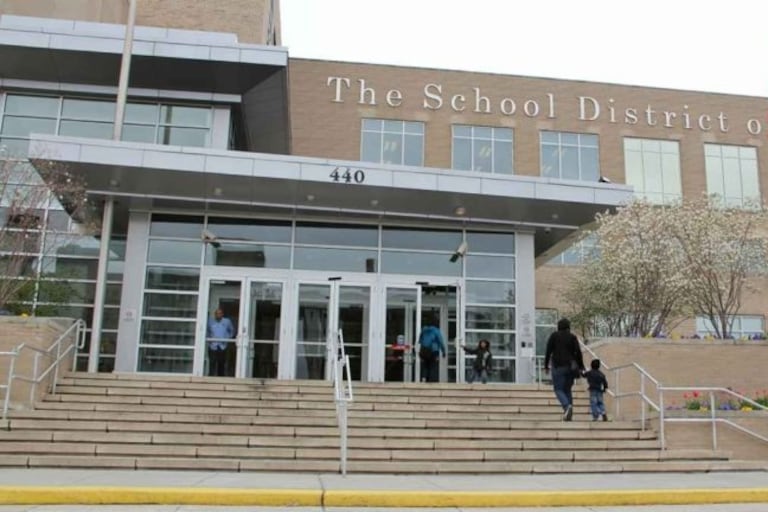The Philadelphia school district will partner with a nonprofit organization to coach teachers in three elementary schools on avoiding racism in their teaching, thanks to an $84,000 initiative the school board approved Thursday.
The money for the Children’s Literacy Initiative will fund an early learning specialist who will coach teachers on techniques including anti-racist early literacy instruction, understanding structural bias, and designing lesson plans that foster diversity, equity, and inclusion, the district said.
The contract provides “embedded coaching” at Mary McLeod Bethune, Dr. Tanner G. Duckrey, and William Cramp schools, and runs through June 30 of next year. School board members approved the contract without comment.
The initiative dovetails with state standards released by the Pennsylvania Department of Education this week that are designed to have teachers address institutional racism and their own biases, and to counter racist practices in schools, the radio station WHYY reported.
The Children’s Literacy Initiative is a Philadelphia-based nonprofit that works with schools around the country to improve literacy rates for early learners in economically disadvantaged schools.
“Teachers will receive side-by-side, job-embedded coaching to ensure quality and successful implementation, and children may see this reflected in the instruction,” a district spokeswoman said in an email to Chalkbeat.
The coach will work directly with teachers in kindergarten through second grade, as well as administrators, making weekly visits to each school, she said.
The program also calls for “teacher professional learning communities,” which are group sessions that focus on literacy objectives and differentiating instruction to meet children’s diverse needs. It also features “school based leadership team meetings” that aim to build principals’ and school leaders’ familiarity with the initiative and ensure they can review progress.
The program will allow teachers to customize lesson plans to class demographics, and will give school leaders the skills to ensure classroom materials are “culturally responsive,” the district said.
While initially limited to three schools, the program may be expanded to others as the district evaluates its success, the spokeswoman said.
The Hamilton Community Foundation and the Neubauer Family Foundation provided funding for the project, according to the district’s description of the initiative.
Correction: An earlier version incorrectly identified the organization receiving the grant. It is the Children’s Literacy Initiative.





